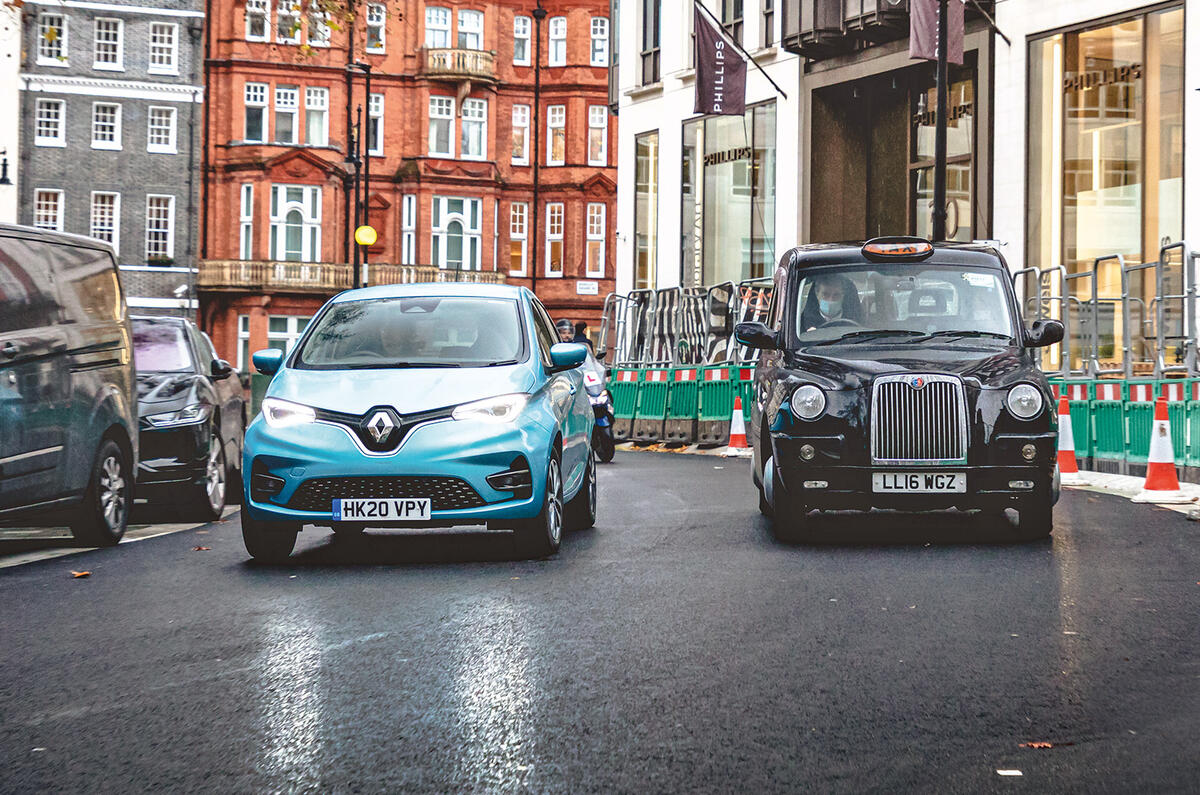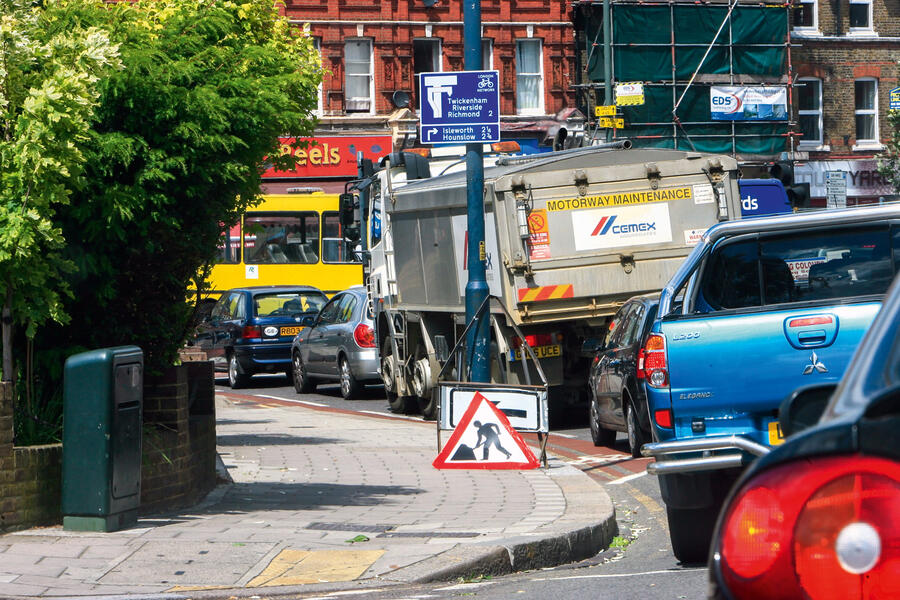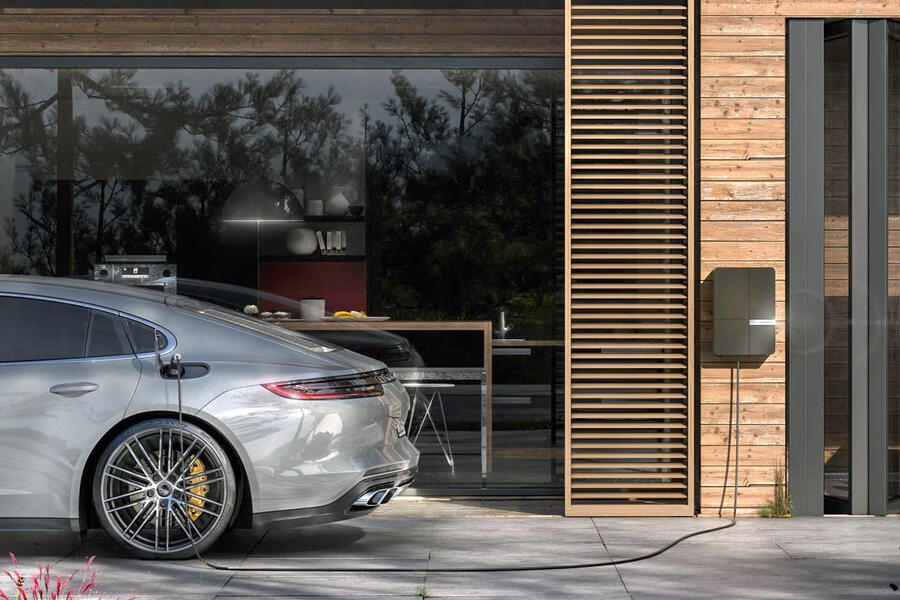The UK government has confirmed it has no plans to implement road pricing as a replacement for the current vehicle excise duty (VED) system levied on motorists.
Road pricing, a telematics-based system that would charge motorists according to distance driven and the type of vehicle they're driving, has long been mooted as a potential replacement source of revenue for the government as EV uptake continues to climb in the UK and reduces the amount generated from fuel and vehicle excise duties.
A decision on whether to approve a road pricing policy was expected in the 2022 autumn budget but wasn't forthcoming. Now, though, in an exchange with the Transport Select Committee (TSC), MPs have revealed there are no plans to implement – or to consider implementing – a road pricing system in the UK.
Responding to a letter from TSC chair Iain Stewart, who highlighted the "potential future loss of £35 billion to the Exchequer from failure to reform motoring taxation" amid the shift to zero-emissions vehicles, Chancellor Jeremy Hunt acknowledged the importance of the issue but said road pricing wasn't one of the solutions being considered.
"Motoring is an important part of most people’s lives and how they get around. It’s crucial for how the UK’s businesses transport supplies and products. So these are important issues to consider,” Hunt said.
He added: “As the government’s Net Zero Strategy set out, as we transition to net zero, the government will need to ensure that the tax system encourages the uptake of EVs, and revenue from motoring taxes will need to keep pace with this change while remaining affordable for consumers.
“This is so we can continue to fund the infrastructure and first-class public services that people across the UK expect and avoid a rise in congestion, with those able to drive electric vehicles having very low running costs compared to other vehicles and public transport. That would affect everyone on the road and those using public transport.”
Last year, Hunt announced a wide-reaching reform of the UK’s VED system, with EVs to be taxed from April 2025 for the first time and benefit-in-kind (BIK) tax on electric company cars to be raised to 5% from 2027.
“As I set out at Autumn Statement 2022, it’s right that all motorists start to pay a fairer tax contribution,” Hunt told Stewart. “That’s why, from 2025, electric cars, vans and motorcycles will pay vehicle excise duty in the same way as petrol and diesel vehicles. The government is focused on delivering its core priorities, as set out in the 2019 manifesto. As such, the government does not currently have plans to consider road pricing.”
Stewart said the TSC was “disappointed to receive such a delayed and brief response” from the government to its February 2022 report on road pricing and questioned why the government had arrived at this conclusion, given the evidence and recommendations presented in its report.
He told Hunt: “The committee’s inquiry was substantial. We heard from four panels of witnesses, including from Mike Williams on behalf of HM Treasury, and received 148 written evidence submissions. We made 13 substantial recommendations. It is discourteous both to my committee and to the witnesses who freely gave their time and expertise, both in writing and in person, that your department has not meaningfully engaged with the substance of our report nor responded to the specific conclusions and recommendations made.”







Join the debate
Add your comment
This government is pathetic. They are ducking this issue for political reasons, but quite clearly this looming hole in tax receipts needs to be addressed somehow.
Simply not good enough.
Bless you Martin. The world seems a bit too complicated for you. And please stop with the BLOCK CAPS... it's rude and doesn't make you seem any cleverer.
Reading this aticle and the governments response to the committee's report sounded like an episode of Yes Minister - is Jeremy Hunt actually Sir Humphrey?